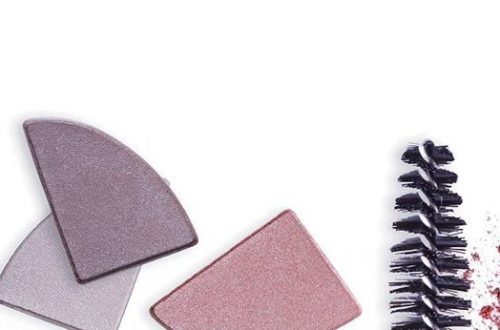Winter skincare routine
As the winter months approach, the cold and dry air can wreak havoc on our skin, leaving it dry, flaky, and lifeless. That’s why it’s critical to switch up your skincare routine throughout the colder months to keep your skin healthy and shining.
Winter skincare necessitates greater attention and care to keep your skin moisturized and protected from the elements. In this post, we will discuss the necessity of a winter skincare routine, using products like good moisturizer for face, and offer you with some suggestions and recommendations for maintaining healthy and bright skin throughout the winter months.
Skin types and routine
All skin types can experience winter’s harshness, but some are more prone to dryness, flakiness, and irritation. To maintain your skin healthy and radiant throughout winter, you should determine your skin type.
i) Dry Skin

Cold, dry air can strip the skin of its natural moisture barrier, making dry skin a frequent wintertime complaint. Rich, emollient moisturizers containing compounds like ceramides and hyaluronic acid are vital for treating dry skin during the winter season. Applying a serum or face oil that contains hydration prior to moisturizing might be helpful in providing additional nutrients and hydration to the skin. Furthermore, you can avoid further dryness and irritation by not using hot water and gentle soaps. Finally, a humidifier can help keep your skin supple and comfortable by adding moisture to the air in your home. If you have skin problems that just won’t go away, you should see a dermatologist.
ii) Oily Skin
Although oily skin is less of an issue during the winter, some people may still experience dryness and irritation from the cold, dry air. Lightweight, oil-free moisturizers that won’t clog pores or contribute to excess oil production are vital for treating oily skin during the winter. Hyaluronic acid and glycerin are two components to look for because they moisturize the skin without making it oilier. In addition, dead skin cells can be removed and pores kept clear by moderate exfoliation. Over-exfoliating, however, can irritate and dry up the skin even more, so caution is advised. Finally, if your skin problem persists despite your best efforts, see a dermatologist for individualized guidance and treatment.
iii) Sensitive Skin
Dryness, redness, and irritation brought on by sensitive skin are made much more difficult by the winter’s cold, dry air and harsh environmental elements. In the colder months, delicate skin needs soft, nourishing products that don’t irritate it with artificial dyes, perfumes. Ceramides and hyaluronic acid are two components of moisturizers that can help seal in moisture and feed the skin. In addition, you can reduce swelling and redness by avoiding hot water and using a calming face mask. Furthermore, if your skin problem persists despite your best efforts, you should see a dermatologist for individualized guidance and treatment.
Top 10 winter skincare tips
Moisturizer:
Applying a richer, thicker face moisturizer for winter than you would in the summer is a good idea when it comes to moisturizing your skin frequently. Shea butter, hyaluronic acid, and ceramides are all excellent emollients that will help keep moisture in your skin.
Hydrating serum:
A hydrating serum is a great way to give your skin a little additional moisture. Serums with vitamin C, glycerin, and hyaluronic acid are good options.
Sunscreen:
Even in the winter, the sun can do damage to your skin, so don’t neglect sunscreen. Every day, put on at least 30 SPF of broad-spectrum sunscreen.
Exfoliation:
Mild exfoliation is still necessary for the winter to sweep away dull, lifeless skin cells and make way for your moisturizer’s deeper penetration. Avoid over-exfoliating, since this can cause irritation and dryness, and stick to a mild exfoliator instead.
Avoid long showers:
Reduce the length of your shower time if you want to avoid drying out your skin. Reduce your shower time, lower the temperature, and use mild soap.
Cover Yourself:
Put on a hat, a scarf, and some gloves to keep the cold, dry air from damaging your skin.
Hydrate Yourself:
Consume plenty of water to assist maintain the moisture level of your skin from the inside out.
Use humidifier:
An artificial humidifier helps keep your skin from drying out by adding moisture to the air.
Visit a dermatologist:
A dermatologist can provide you with individualized advice and treatment choices for dryness, redness, and other skin conditions you may be experiencing.
Conclusion
Your skin’s health, hydration, and appearance during the winter months depending on your adherence to a regular skincare program. Problems with your skin, such as dryness, flakiness, redness, and irritation, can be brought on by dry and harsh weather. You can fight these problems and keep your skin looking great by learning about your skin type and adopting the appropriate products and techniques into your routine.
Always keep your skin well hydrated, protected from the elements, and soothed with gentle products, and remember to moisturize often. If you follow these guidelines and consult a dermatologist as necessary, you can keep your skin looking radiant and healthy all during the colder months.





